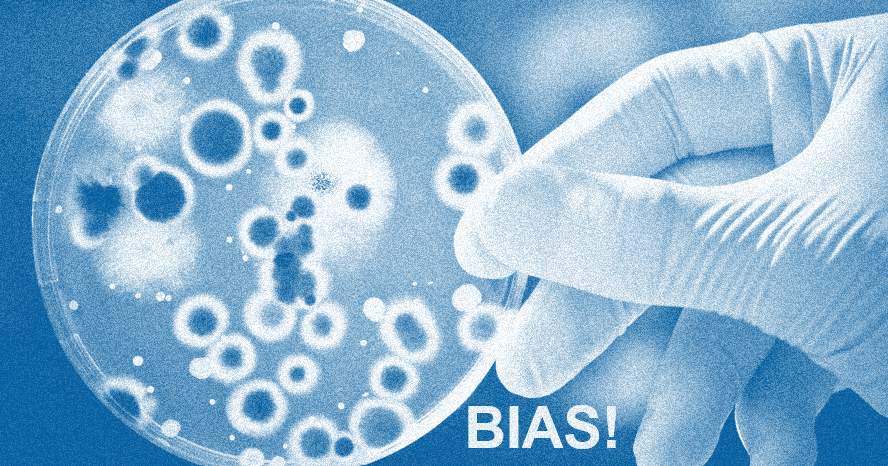Base Rate Neglect is a bias researched and published by the psychologists, Kahneman and Tversky, in the seventies. In very simple terms, it explains our propensity to ignore general information that can help in determining the probability of an outcome, and instead, we look at the specific event and how representative it is to another (perhaps irrelevant) event.
The Coalition for Epidemic Preparedness Innovations chair, Jane Halton, has been recently quoted in the press saying that we should all have a Plan B to a quick COVID-19 vaccine or even a vaccine being successfully developed at all. Fundamentally, Halton’s concern is being informed by Base Rates.
Most of the general public’s familiarity with vaccines is in relation to influenza and that new seasonal flu vaccines are produced and administered every year. Even the last novel virus pandemic to hit Australia, the 2009 Swine Flu, had a vaccine developed and administered en masse within 12 months. This information can be used by the layman to set their expectation of probable time frames for the development of a COVID-19 vaccine. ‘Sure 12 months is optimistic but 18 months is doable – tops!’ This would be neglecting the appropriate Base Rate.
Halton (and others) provide two prime Base Rate examples to delicately dampen unrealistic enthusiasm:
1. We have never developed a proven Corona virus vaccine (e.g. the common cold does not have a vaccine and SARS and MERS trial vaccines did not get to clinical testing); and
2. The fastest ever development of a vaccine was for the mumps – which took 4 years from sample collection to drug licencing. (The annual seasonal flu vaccines are not ‘new’ but a derivation of the first flu vaccine developed in 1938.)
Countering this is the fact there are dozens of different teams all over the globe working on a vaccine using multiple different techniques like never witnessed before. Maybe this can improve the probability for a 18 month vaccine from the established historical base rate (with a probability next to zero) to something much higher. We all hope so.
But in the meantime, having a Plan B is astute. If your business depends on international travel (for example), what is the probability of a COVID-19 vaccine being developed in two years, three years, ten years or never, and what impact will that have? The probability for these outcomes is perhaps higher than is commonly being considered.
Mark is Principal Consultant and Director of Pivotal Point Strategic Directions. He has a long history working with Boards and Executives to improve the odds of success.
Links to interesting supporting articles below:

